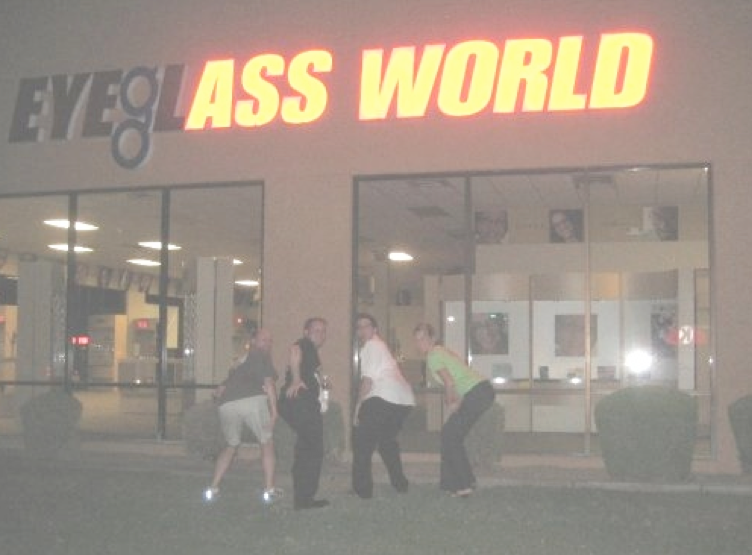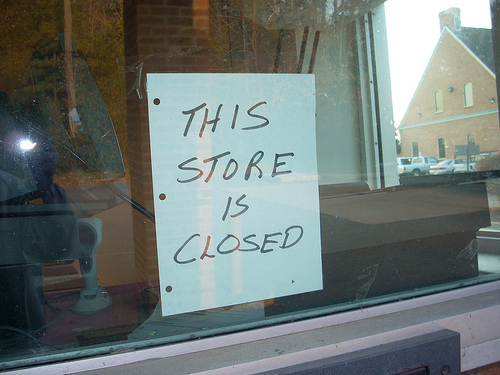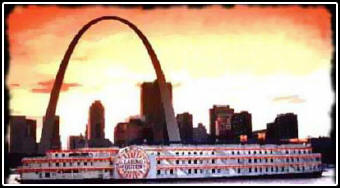
Language is the packaging of your brand.
It’s the single most underleveraged marketing
hotspot, crucial to your company culture, essential to the way people
experience your service and an ideal strategy for making the mundane memorable.
Photojojo,
a website dedicated to insanely great photography projects, uses engaging, playful
and memorable language on their website, newsletters, shipping materials,
warning labels and product receipts. In fact, most their language is dinosaur
related. And according to a host of online reviews, customers can’t help but experience
feelings of elation and whimsy every time they read the words outside and
inside of the box.
Costs nothing, changes everything.
To identify your brand’s trademark language, consider asking
a few questions.
What words govern your questions? What are your
favorite phrases to put in emails? What are your best questions to ask
customers? What sentence would prompt someone to tweet a screen shot of your
website? What words do you own in the minds of the people you serve? What phrases
do you use that nobody else uses? What’s the one word the world will never
think about the same way after buying from you? What language invites customers
to share pictures of your packaging with their friends?
Talk doesn’t have to be cheap.
Brand your language intelligently, and it can be priceless.









